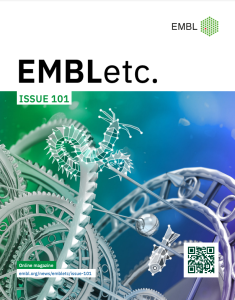21 November 2024

Science & Technology
A recent symposium on ‘The complex life of RNA’ brought together scientists from across the world interested in exploring one of the most crucial molecules essential to life.
24 October 2024
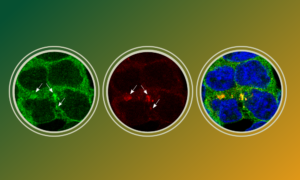
Science & Technology
Scientists have discovered how the antiviral protein TRIM25 finds and binds viral RNA to activate an innate immune response.
2 July 2024
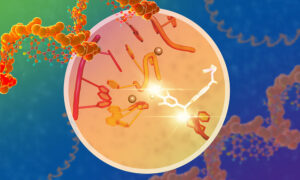
Science & Technology
A new research paper published in Nature Communications lays the groundwork for the development of new drugs specific to genetic mutations or alterations responsible for the onset of tumours or genetic diseases.
25 June 2024
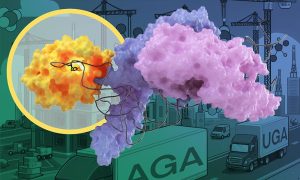
Science & Technology
EMBL Grenoble’s Kowalinski Group analysed the structure of an enzyme responsible for modifying tRNA molecules to fine-tune protein production. They discovered that to distinguish almost identical, yet different, tRNA molecules, the enzyme uses help from another enzyme – a type of cooperation…
26 February 2024

Lab MattersPeople & Perspectives
Simone Heber talks about studying RNA transport, organising the Bike Club at EMBL, and participating in the Ironman World Championship.
2024
lab-matterspeople-perspectives
21 December 2023
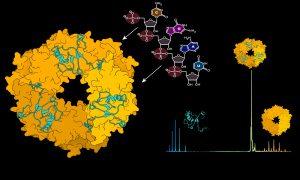
Science & Technology
The Kosinski Group at EMBL Hamburg collaborated with other groups in Hamburg to reveal critical steps in Lassa virus ribonucleoparticle assembly and recruitment, and the crucial role played by RNA in in the Lassa virus life cycle.
2023
sciencescience-technology
19 December 2023

Science & Technology
EMBL Hamburg, Johannes Gutenberg University Mainz, Postnova Analytics GmbH, and BioNTech SE have developed a new method to quantitatively investigate sizes of nanoparticles containing mRNA. It may become an important part of regular characterisation of mRNA nanomedicines in the future.
2023
sciencescience-technology
2 October 2023

Science & Technology
Pioneers of the mRNA nanomedicines technology receive 2023 Nobel Prize in Physiology or medicine. EMBL is pleased to have supported the development of the application of the mRNA nanomedicine technology through our long-standing collaboration with BioNTech, Johannes Gutenberg University Mainz and…
2023
sciencescience-technology
3 March 2023
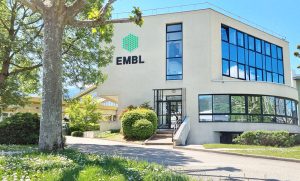
ConnectionsLab Matters
EMBL’s French site was highlighted in a short film presenting its expertise in structural biology research and services.
2023
connectionslab-matters
18 July 2022
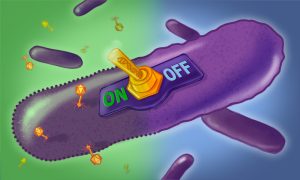
Science & Technology
EMBL researchers now understand the function of an elusive small DNA in bacteria and have developed a tool that can be used to better understand what might ‘switch on’ bacterial immune defences.
2022
sciencescience-technology
15 June 2022
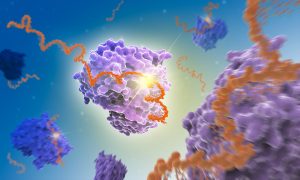
Science & Technology
EMBL research with Enolase 1 (ENO1) points to a possible new way to understand RNA’s leading role in how cells develop.
2022
sciencescience-technology
6 April 2022

EMBL AnnouncementsLab Matters
EMBL Heidelberg’s Matthias Hentze receives the Biochemical Society’s Centenary Award for his discoveries in RNA biology.
2022
embl-announcementslab-matters
4 March 2022
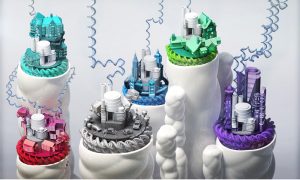
Science & Technology
Genomes are made up of thousands of individual pieces – genes – which are expressed at different levels. Researchers at EMBL have shed light on how the placement of a gene affects its expression, as well as that of its neighbours.
2022
sciencescience-technology
9 December 2021
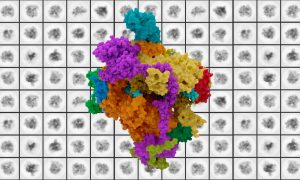
Science & Technology
New structural biology research provides fundamental information critical to understanding enzyme mutations connected to rare diseases and cancers.
2021
sciencescience-technology
7 December 2021
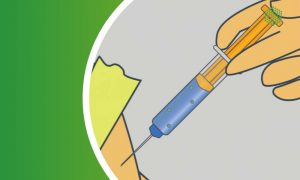
Science & Technology
RNA vaccines, such as the ones for COVID-19, represent a new approach in vaccine technology. Cy Jeffries, faculty staff scientist at EMBL Hamburg, explains the clever technology behind RNA vaccines, and how structural biology contributes to its development. EMBL Hamburg collaborated on several…
2021
sciencescience-technology
12 July 2021
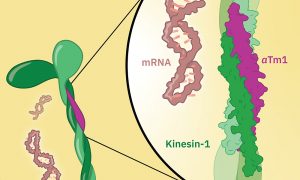
Science & Technology
EMBL scientists generate a high-resolution crystal structure of the Kinesin-1/aTm1 transport complex in the fruit fly.
2021
sciencescience-technology
9 June 2021
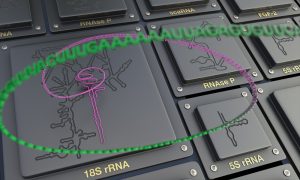
Science & Technology
New software enables scientists to visualise RNA secondary structures using the world’s largest RNA structure dataset.
2021
sciencescience-technology
8 June 2021
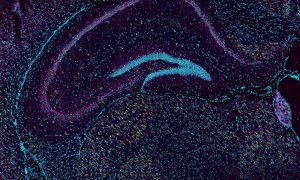
Science & Technology
At EMBL, we have many dream teams – groups of individuals who support each other, innovate, and work together. One of those dream teams bridges two core facilities at EMBL Rome.
2021
picture-of-the-weekscience-technology
8 February 2021
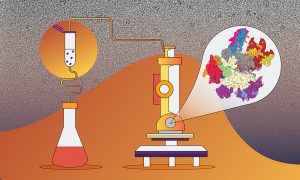
Science & Technology
New EMBL research shows where & to what degree a component of cellular machinery known as RNA Pol III is mutated and becomes problematic.
2021
sciencescience-technology
2 February 2021
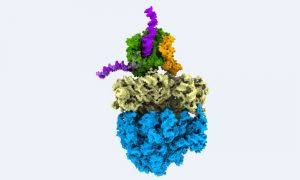
Science & Technology
This colourful image shows biological information flow in action: It’s a supramolecular assembly of DNA, RNA and proteins, observed directly inside a bacterial cell while turning genetic information into protein.
2021
picture-of-the-weekscience-technology
15 January 2021

Lab MattersPeople & Perspectives
One of EMBL’s newest group leaders, Olivier Duss, will explore how RNA folds into functional structures and how it works with proteins to control a diverse range of activities in the cell.
2021
lab-matterspeople-perspectives
4 January 2021
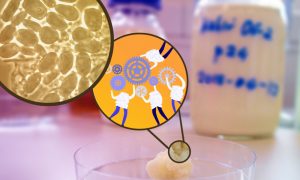
Science & Technology
Researchers discovered the dominant species of bacteria in kefir grains cannot endure without other species that help the 'team' survive.
2021
sciencescience-technology
2 December 2020
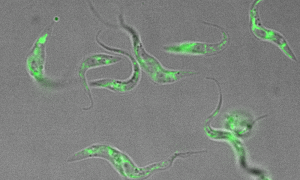
Science & Technology
Members of the EMBL community are working to improve our understanding of the parasites that cause malaria and sleeping sickness
2020
sciencescience-technology
1 December 2020
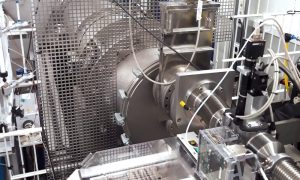
Science & Technology
Biotechnology company BioNTech and Johannes Gutenberg University Mainz conduct collaborative research with EMBL scientists at the beamline P12 in Hamburg
2020
sciencescience-technology
17 June 2020
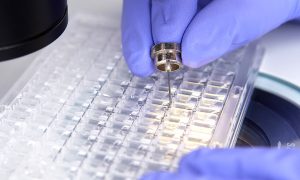
Science & Technology
While global research on coronaviruses has shed light on the function of many SARS-CoV-2 proteins, the role of some crucial components remains unknown. Researchers at EMBL Grenoble will use a range of structural biology methods to try to solve some of the puzzles of the molecular mechanics of…
2020
sciencescience-technology
27 May 2020
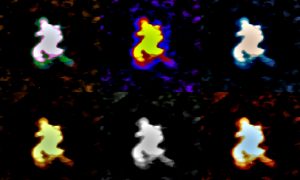
Science & Technology
Researchers from EMBL Grenoble have developed a way to visualise large RNAs in 3D using biochemical and structural biology techniques.
2020
sciencescience-technology
29 April 2020
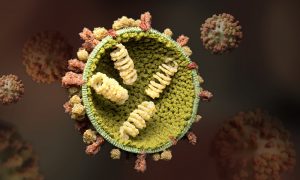
Science & Technology
The infectious disease commonly known as flu is caused by the influenza virus. It spreads around the world in seasonal outbreaks, causing millions of infections and hundreds of thousands of deaths each year. Stephen Cusack, Head of EMBL Grenoble, has been studying different aspects of the influenza…
2020
sciencescience-technology
27 April 2020
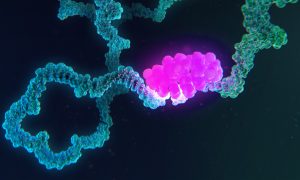
Science & Technology
EMBL scientists working in the groups of Matthias Hentze and Wolfgang Huber have created RBPbase – a database of RNA-binding proteins – to assist the identification of proteins that interact with the SARS-CoV-2 RNA genome.
2020
sciencescience-technology
5 February 2020
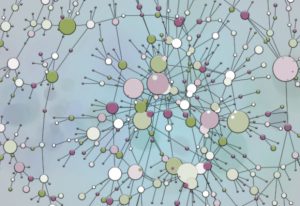
Science & Technology
The largest and most comprehensive catalogue of cancer-specific RNA alterations reveals new insights into the cancer genome.
2020
sciencescience-technology
23 January 2020
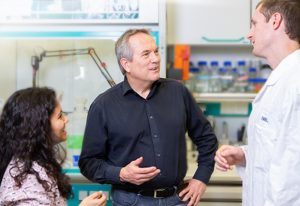
EMBL Announcements
EMBL Director honoured by the international RNA Society
2020
embl-announcementsevents
20 August 2019

Science & Technology
MEG3 adopts a complex three-dimensional structure to fulfil its tumour suppressor function.
2019
sciencescience-technology
14 February 2019

Science & Technology
EMBL scientists identify RNA regulating protein behaviour in switch of normal roles
2019
sciencescience-technology
6 December 2018
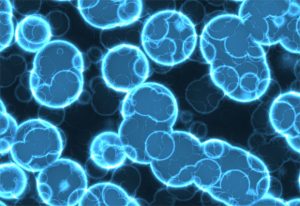
Science & Technology
Researchers develop new method to analyse the entire protein-RNA network of the cell
2018
sciencescience-technology
2 November 2018
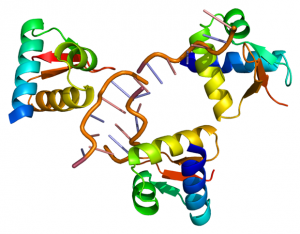
Science & Technology
The Hentze Lab enhanced a RNA-interactome capture technique to pave the way towards medical progress
2018
sciencescience-technology
25 June 2018
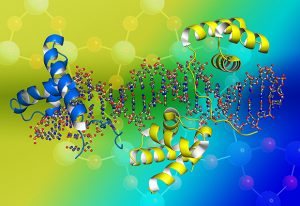
Science & Technology
EMBL researchers develop method that simplifies the isolation of DNA- and RNA- protein complexes
2018
sciencescience-technology
14 May 2018

People & Perspectives
Elisa Izaurralde, EMBL alumna, has passed away
2018
alumnipeople-perspectives
28 December 2017
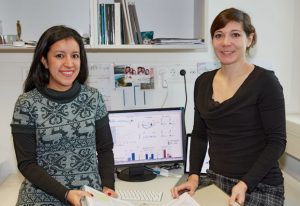
Science & Technology
EMBL scientists unveil how 3D chromatin structure affects RNA splicing
2017
sciencescience-technology
20 December 2017
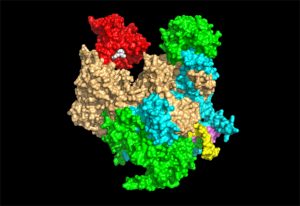
Science & Technology
ERC grantee Stephen Cusack shares his vision for the next ten years
2017
sciencescience-technology
7 December 2017
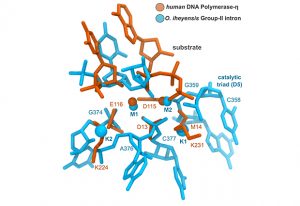
Science & Technology
EMBL scientists superimpose structures of two-metal-ion enzymes and reveal new potential drug targets
2017
sciencescience-technology
28 July 2016

Science & Technology
New technique reveals uncharted docking sites in RNA-binding proteins
2016
sciencescience-technology
9 July 2015
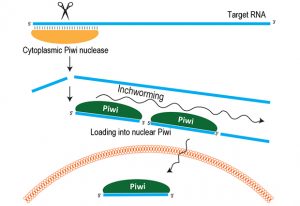
Science & Technology
European team identify mechanism for producing piRNAs that silence jumping genes in germline cells.
2015
sciencescience-technology
10 September 2014
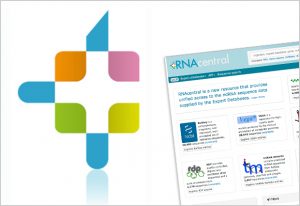
Science & Technology
RNAcentral is the first unified resource for all types of non-coding RNA data.
2014
sciencescience-technology
6 August 2014
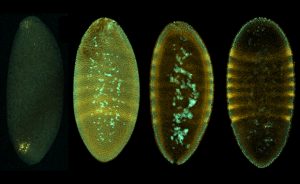
Science & Technology
How fruit flies beat the cold, plus the value of precisely controlled experiments and detailed analysis
2014
sciencescience-technology
1 July 2014

Science & Technology
Focusing on basic research is crucial for the development of more advanced genetics techniques
2014
sciencescience-technology
23 October 2013
Science & Technology
The molecular machine that makes essential components of ribosomes – the cell’s protein factories – is like a Swiss-army knife, researchers at the European Molecular Biology Laboratory (EMBL) in Heidelberg, Germany, and the Centro de Investigaciones Biológicas in Madrid, Spain, have found.…
2013
sciencescience-technology
13 October 2013
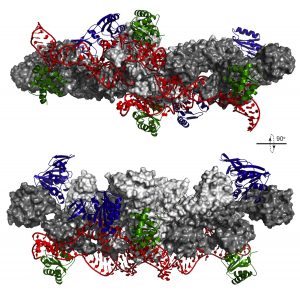
Science & Technology
An important step in building ribosomes – the cell’s protein factories – is like a strictly choreographed dance, scientists at the European Molecular Biology Laboratory (EMBL) in Heidelberg, Germany, have discovered. To build these factories, other ‘machines’ inside the cell have to…
2013
sciencescience-technology
24 April 2013
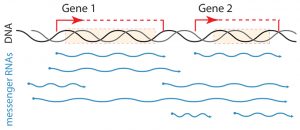
Science & Technology
Like musicians in an orchestra who have the same musical score but start and finish playing at different intervals, cells with the same genes start and finish transcribing them at different points in the genome. For the first time, researchers at EMBL have described the striking diversity of…
2013
sciencescience-technology
28 February 2013
Science & Technology
Studies screening the genome of hundreds of thousands of individuals (known as Genome-wide association studies or GWAS) have linked more than 100 regions in the genome to the risk of developing cardiovascular disease. Researchers from the European Molecular Biology Laboratory (EMBL) and the…
2013
sciencescience-technology
6 January 2013
Science & Technology
A research team of scientists from EMBL Grenoble and the IGBMC in Strasbourg, France, have, for the first time, described in molecular detail the architecture of the central scaffold of TFIID: the human protein complex essential for transcription from DNA to mRNA. The study, published today…
2013
sciencescience-technology
31 May 2012
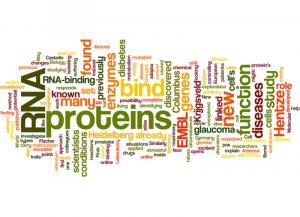
Science & Technology
In one of the most famous faux pas of exploration, Columbus set sail for India and instead ‘discovered’ America. Similarly, when scientists at the European Molecular Biology Laboratory (EMBL) in Heidelberg, Germany, set out to find enzymes – the proteins that carry out chemical…
2012
sciencescience-technology
4 February 2009
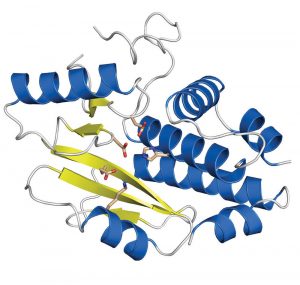
Science & Technology
Influenza is and remains a disease to reckon with. Seasonal epidemics around the world kill several hundred thousand people every year. In the light of looming pandemics if bird flu strains develop the ability to infect humans easily, new drugs and vaccines are desperately sought. Researchers at…
2009
sciencescience-technology
17 December 2007
Science & Technology
It does not take much to injure a muscle. Sometimes one sudden, inconsiderate movement does the job. Unfortunately, damaged muscles are not as efficient at repair as other tissues such as bone. Researchers of the European Molecular Biology Laboratory’s Mouse Biology Unit (EMBL), Italy, and…
2007
sciencescience-technology
25 August 2006
Science & Technology
Cells in an embryo divide at an amazing rate to build a whole body, but this growth needs to be controlled. Otherwise the result may be defects in embryonic development or cancer in adults. Controlling growth requires that some cells divide while others die; their fates are determined by signals…
2006
sciencescience-technology
6 October 2005
Science & Technology
Mutations in genes are the basis of evolution, so we owe our existence to them. Most mutations are harmful, however, because they cause cells to build defective proteins. So cells have evolved quality control mechanisms that recognize and counteract genetic mistakes. Now scientists of the Molecular…
2005
sciencescience-technology
22 August 2005
ConnectionsLab Matters
The world’s three leading public repositories for DNA and RNA sequence information have reached 100 gigabases (100,000,000,000 bases; the ‘letters’ of the genetic code) of sequence. Thanks to their data exchange policy, which has paved the way for the global exchange of many types…
2005
connectionslab-matters
12 July 2005
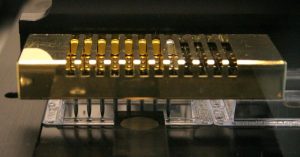
ConnectionsLab Matters
A systematic search through human genes has begun at the European Molecular Biology Laboratory (EMBL) in Heidelberg, Germany. Working within the MitoCheck consortium that includes 10 other institutes throughout Europe, the EMBL scientists will silence all human genes, one-by-one, to find those…
2005
connectionslab-matters
No matching posts found

















































